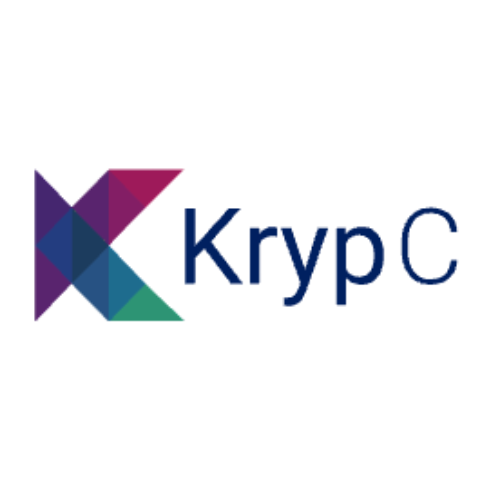
KuCoin
KuCoin is a major global cryptocurrency exchange established in 2017 and based in Seychelles. In keeping with its nickname "The People's Exchange," it serves over 40 million users across more than 200 countries and offers users interactivity with over 900 digital assets and a huge selection of trading pairs.
KuCoin provides a comprehensive suite of trading services, including spot, margin, and futures trading with leverage options. Beyond active trading, the platform features “KuCoin Earn,” which allows users to generate passive income through staking and lending. It also supports an active IEO (Initial Exchange Offering) platform called KuCoin Spotlight, giving users access to new token launches.
The exchange is known for its user-friendly interface featuring integrated tools such as advanced artificial intelligence-powered trading bots for automated strategies and pre-market trading for early access to tokens.
KuCoin's native token, KCS (KuCoin Token), plays a central role in its ecosystem, offering benefits such as trading fee discounts, daily bonuses, and participation rights in exclusive platform events. The platform also facilitates fiat-to-crypto transactions through P2P markets and third-party payment providers, supporting a wide array of fiat currencies. It also offers an integrated Web3 wallet and loyalty program.
Project Information
Related Projects

Hyperstack is a Web3 company developing the "Credential Cloud" platform for issuing, managing, and verifying smart, secure, and immutable digital credentials. Its mission is to revolutionize digital identity by providing a no-code, high-impact framework that can be used by a wide range of organizations, from educational institutions to corporations.
The core of Hyperstack's service is its comprehensive credential management platform. This includes a design studio for creating custom-branded digital certificates and badges, tools for issuing credentials at scale, and a secure digital wallet for recipients to store and share their credentials. A key feature of the platform is its robust analytics dashboard, which allows issuers to track engagement with their credentials, providing valuable insights into their reach and impact. The platform is also designed for seamless integration with existing systems, such as Learning Management Systems (LMS) and HR platforms.
Hyperstack's entire platform is built on the Hedera network. It uses the Hedera Token Service (HTS) to mint credentials as NFTs, providing a secure and efficient way to manage their ownership and transfer.

KrypC is a global technology company providing enterprise blockchain and Web3 solutions. Its Krypcore Web3 platform enables developers to build and scale decentralized applications with low-code tools. In the sustainability sector, KrypC’s CarbonCore uses Hedera Hashgraph to tokenize carbon credits, creating transparent, verifiable carbon offset workflows. The company also offers Verification-as-a-Service on Hedera to authenticate digital documents securely. Its solutions leverage Hedera to deliver scalable, efficient, and secure blockchain applications across industries.

Upbit is cryptocurrency exchange based in South Korea with offices in Singapore, Indonesia, and Thailand. It is operated by Dunamu, a leading South Korean fintech company and is one of the the largest exchanges by trading volume on the Hedera network and in the south Asian market where it plays a crucial role in providing liquidity and accessibility for the Hedera blockchain network. Upbit is a primary on-ramp for the Hedera native cryptocurrency token, HBAR, through its secure, high-volume mobile apps offering real-time trading, diverse asset support, and robust security, especially in the South Korean cryptocurrency markets.
Upbit is known for its strong emphasis on security and regulatory compliance within South Korea's stringent framework. They have obtained numerous security certifications, including Personal Information and Information Security Management System (ISMS-P) and International Organization for Standardization / International Electrotechnical Commission (IOS/IEC), and employ advanced AI-driven fraud detection systems operated by dedicated anti-money laundering teams.

Abra is a global digital asset financial services firm that provides a suite of products for individuals and institutions to invest in and manage cryptocurrencies. Abra operates several distinct business lines to cater to a diverse clientele, from retail investors to high-net-worth individuals and large financial institutions.
For individual investors, the Abra app offers a user-friendly mobile platform to buy, sell, trade, and earn yield on a wide variety of digital assets. For more sophisticated clients, Abra Private delivers a concierge-style wealth management service, providing tailored strategies for managing large digital asset portfolios. For institutions, Abra Prime offers prime brokerage services, including secure trading, borrowing, and lending solutions.
A key aspect of Abra’s identity within the Web3 ecosystem is its role as a founding member of the Hedera Governing Council. In this capacity, Abra helps oversee the governance and strategic direction of the Hedera network, contributing to its stability and long-term vision.
